Internal Complaint Committee
ICC COMMITTEE
Prof. Rashmi Kumar
Department of Hindi and Modern Indian Languages
University of Lucknow
Lucknow - 226007
Mobile:9415408476
Email: rashmikr1964@gmail.com |
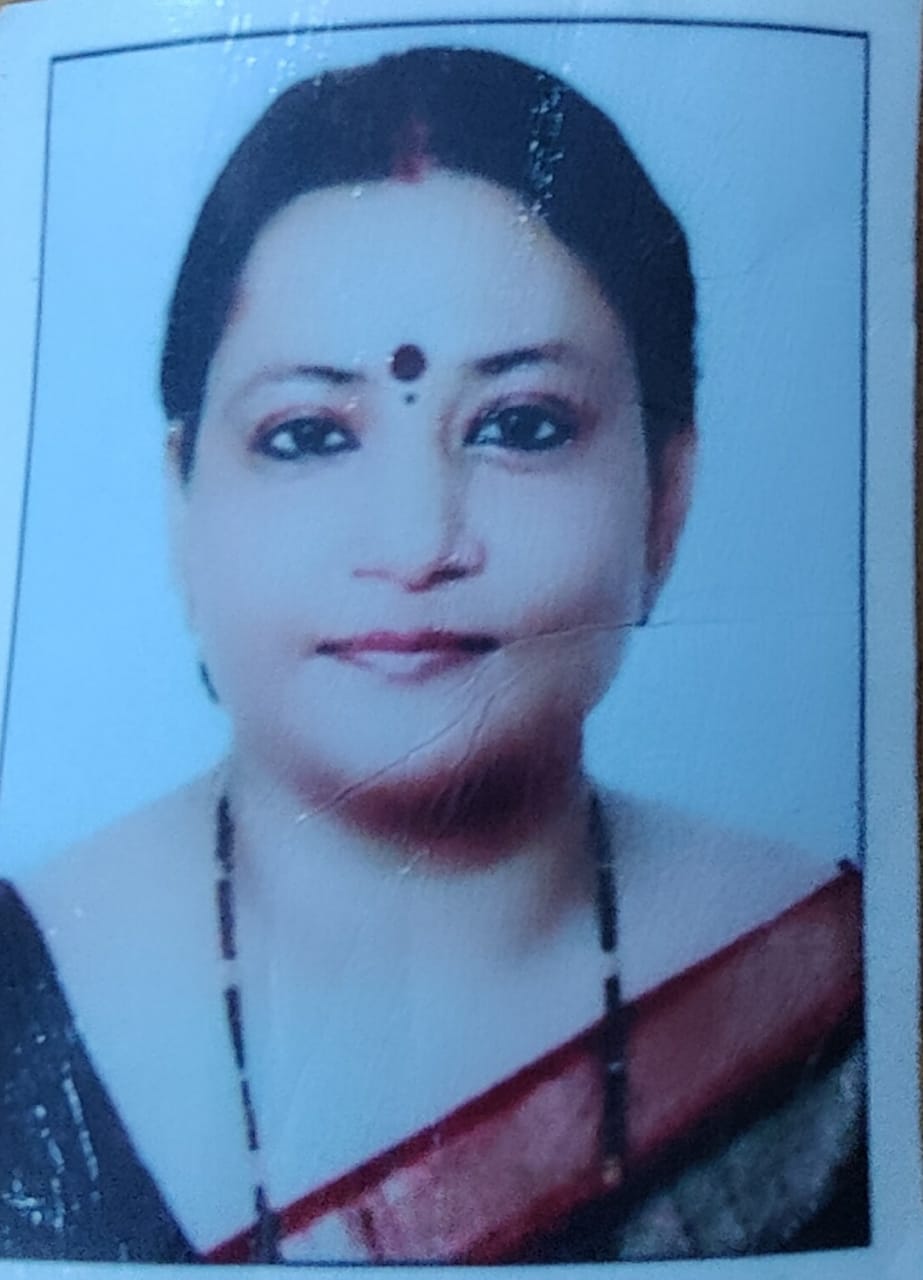 |
Prof. Nazneen Khan
Department of English and Modern European Languages
University of Lucknow
Lucknow - 226007
Mobile:9335090402
Email: nazneenkhanlu@gmail.com |
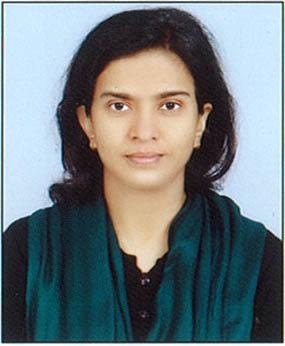 |
Prof. Shikha Chauhan
Department of Political Science
University of Lucknow
Lucknow - 226007
Mobile:7838310024
Email: chauhan12shikha@gmail.com |
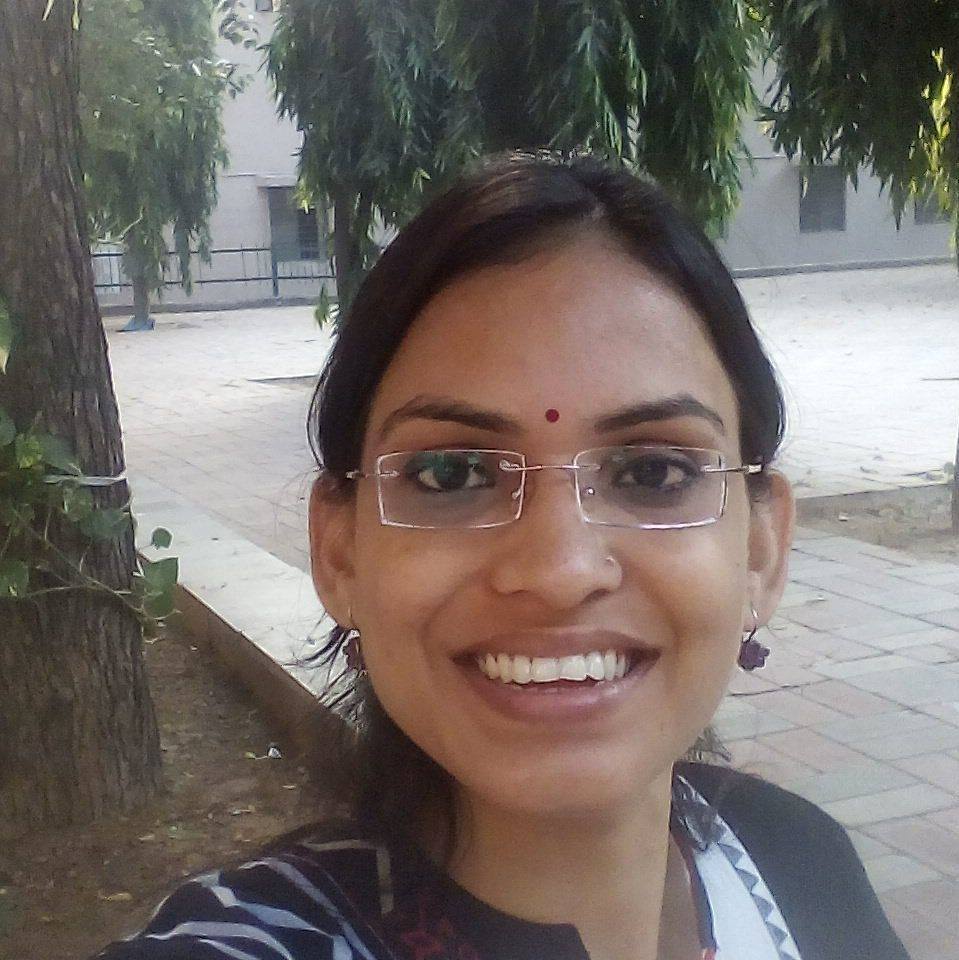 |
Dr. Pratibha Bansal
Department of Chemistry
University of Lucknow
Lucknow - 226007
Mobile: 8700598346
Email: pratibha.bansal25@gmail.com |
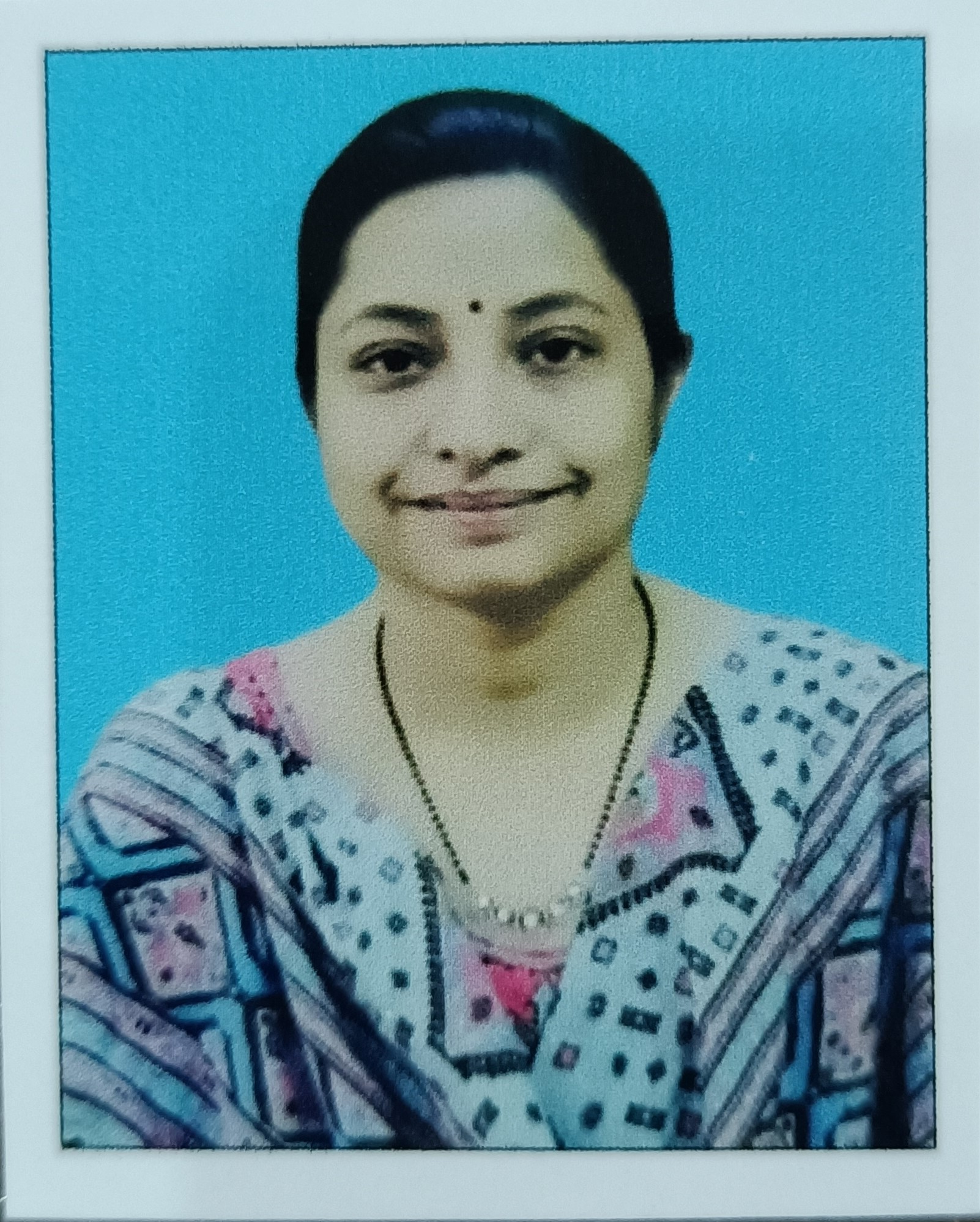 |
Dr. Gyan Prakash
Department of Commerce
University of Lucknow
Lucknow - 226020
Mobile: 9198235218
Email: prakashgyan2000@gmail.com |
 |
Dr. Vijay Amrit Raj
Institute of Management Sciences
University of Lucknow
Lucknow - 226020
Mobile: 9125441874
Email: vijayamritraj03@gmail.com |
 |
Dr. Manini Srivastava
Department of Psychology
University of Lucknow
Lucknow - 226007
Mobile: 8004430853
Email: psychologistmanini@gmail.com |
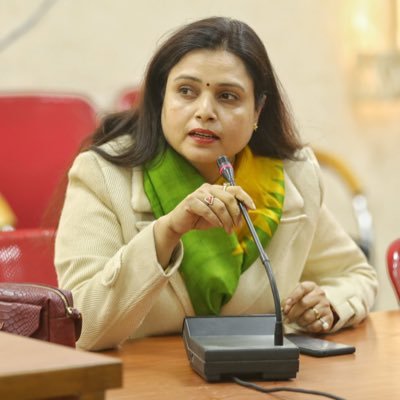 |
Dr. Anupama Srivastava
Institute of Tourism Studies (II Campus) L.U.
University of Lucknow
Lucknow - 226007
Mobile: 9235555190
Email: coordinator.itslu@gmail.com |
 |
Dr. Prayagmati Gupta
Advocate and Social Worker
Lucknow |
|
Prof. Gauri Saxena
Department of Botany
University of Lucknow
Lucknow - 226007
Mobile: 9415182051
Email: gaurigupta72@yahoo.com |
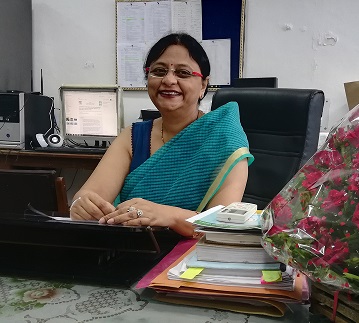 |
Smt. Shashi Prabha Tiwari
Deputy Registrar, Registrar, Nominee, L.U.
University of Lucknow
Lucknow - 226007
Mobile: 7991200515 |
 |
Smt. Nirmala Baware
Non-Teaching Staff, L.U.
University of Lucknow
Lucknow - 226007 |
|
Activities
PREAMBLE
University is not only a ‘workplace’ where faculty and nonteaching staff are employed but is also a seat of learning where students come to learn and get knowledge to shape up their careers, to realise their full potential as individuals. Over a period of time the University has shown increasing trend in more and more female students taking admissions and participating in higher studies. It is therefore imperative that all students, particularly female students, are provided with a safe and dignified environment in which they are able to achieve these goals, because only then will they be able to realise the constitutional promise of equality. The goal of Sexual Harassment policy is to end the problem faced by the student/employee through an internal system of relief that is easy to access, and thereby to provide an effective remedy to the aggrieved complainant as quickly as possible so that s/he can continue to study and develop without further impediments. The larger perspective guiding sexual harassment policy is to be educational, preventive, corrective and, when punitive, to carry out processes following a complaint with sensitivity, rigour and justice.
It is in place to mention that in its landmark judgment in 1997 (following Vishaka vs. State of Rajasthan), the Supreme Court had for the first time, acknowledged sexual harassment against women as a human rights violation, and outlined guidelines making it mandatory for employers to provide for sympathetic and non-retributive mechanisms to enforce the right to gender equality for working women. The Justice Verma committee in 2013 placed the onus to provide “Adequate Safety Measures and Amenities in Respect of Women” squarely on the state and its various functionaries. Sexual harassment is now considered as a violation of the fundamental right of a woman to equality as guaranteed under Article 14 and 15 of the Constitution of India and her right to life and to live with dignity as per Article 21 of the Constitution. It has also been considered as a
violation of a right to practice or to carry out any occupation, trade or business under Article 19 (1) (g) of the Constitution which includes a right to a safe environment free from harassment. The definition of sexual harassment in the Act of 2013 is broadly in line with the Apex Court’s definition in the Vishaka Judgment. It also stipulates that a woman shall not be subjected to sexual harassment at any workplace.
The University of Lucknow is committed to create and maintain a community in which students, teachers and non-teaching staff can work together in an environment free of violence, harassment, exploitation and intimidation. Every member of the University community should be aware that while the University is committed to the right to freedom of expression and
association, it strongly supports gender equality.
OBJECTIVES OF THE POLICY
The University has set up an Internal Complaints Committee (ICC) under the Sexual Harassment Act. The goal of the Sexual harassment policy is to end the problem faced by the student/employee through an internal system of relief that is easy to access, and thereby provides an effective remedy to the aggrieved complainant as quickly as possible so that she can continue to study and develop without further impediments. This is very important to recognize for two reasons. One, in relation to how cases are resolved, in that redressal does not necessarily have to be punitive and instead may be educational, (depending it is openly discussed at forums which are attended by both teachers and students; women students are encouraged to speak up freely in class or elsewhere. In this background the University’s Sexual harassment policy has the following objectives:
-
To fulfil the directive of the Supreme Court enjoining all employers to develop and implement a policy against sexual harassment at the work place.
-
To evolve a permanent mechanism for the prevention and redressal of sexual harassment cases and other acts of gender based violence at the University of Lucknow.
-
To ensure the implementation of the policy in letter and spirit through proper reporting of the complaints and their follow-up procedures.
-
To uphold the commitment of the University to provide an environment free of gender- based discrimination.
-
To create a secure physical and social environment which will deter acts of sexual harassment.
DEFINITION OF SEXUAL HARASSMENT
The following constitute sexual harassment:
-
When submission to unwelcome sexual advances, requests for sexual favours, and verbal or physical conduct of a sexual nature are, implicitly or explicitly, made a term or condition of teaching/guidance, employment, participation or evaluation of a person’s engagement in any University activity.
-
When unwelcome sexual advances, and verbal, non-verbal and/or physical conduct such as loaded comments, remarks or jokes, letters, phone calls or e-mails, gestures, exhibition of pornography, lurid stares, physical contact, stalking, sounds or display of a derogatory nature have the purpose and/ or effect of interfering with an individual’s performance or of creating an intimidating, hostile, or offensive environment.
-
When a person/s uses, with a sexual purpose, the body or any part of it or any object as an extension of the body in relation to another person without the latter’s consent or against that person’s will, such conduct will amount to sexual assault.
-
When deprecatory comments, conduct or any such behaviour is based on the gender identity/sexual orientation of the person and/or when the classroom or other public forum of the University is used to denigrate/ discriminate against person(s), or create a hostile environment on the basis of a person’s gender identity/sexual orientation.
JURISDICTION
The rules and regulations outlined in this policy shall be applicable to all complaints of sexual harassment made:
- By a member of the University against any other member of the University irrespective of whether the harassment is alleged to have taken place within or outside the campus
- By an outsider against a member of the University or by a member of the University against an outsider if the sexual harassment is alleged to have taken place within the campus
- By a member of the University against an outsider if the sexual harassment is alleged to have taken place outside the campus. In such cases the Committee shall recommend that the University authorities initiate action by making a complaint with the appropriate authority. Further the committee will actively assist and provide available resources to the complainant in pursuing the complaint.
In the above the following definitions will apply:
- ‘Members of the University’ includes students, teachers and non-teaching staff of the University.
- ‘Students’ includes regular students as well as current ex-students of University of Lucknow.
- ‘Teachers’ includes any person on the staff of the university who is appointed to a teaching and/or research post, whether full time, temporary, ad-hoc, part-time, visiting, honorary, or on special duty or deputation and shall include employees employed on a casual or project basis.
- ‘Non-Teaching Staff’ includes any person on the staff of the university who is not included in the category of teacher. It shall also include contract workers and daily wagers.
- ‘Resident’ includes any person who is a temporary or permanent resident of any of the accommodations or premises allotted to an employee by the University of Lucknow.
- ‘Outsider’ includes any person who is not a member of the University or a resident. It also includes but is not limited to any private person offering residential, food and other facilities to members of University.
- ‘Campus’ includes all places of work and residence in the University of Lucknow. It includes all places of instruction, research and administration, as well as hostel, health centres, sports grounds, staff quarters, public places (including parks, streets and lanes) and canteens, etc. on the University campus.
CONSTITUTION OF ICC
- The Chairperson shall be a woman faculty member employed at the middle or senior level at the educational institution;
- Not less than two teaching employees and two non-teaching employees, preferably committed to the cause of women or who have had experience in social work or have legal knowledge;
- Not less than three students, who shall be enrolled at the undergraduate, masters, and research scholar levels respectively
- One member from amongst non-governmental organizations or associations committed to the cause of women or a person familiar with the issues relating to sexual harassment.
- Persons in senior administrative positions in the Higher Education Institution, such as Vice- Chancellor, Pro-VCs, Registrar, Dean(s), Heads of Departments, etc., shall not be members of ICCs in order to ensure autonomy.
- The term of each member (other than students) shall be of three years. The previous Committee will continue till the new Committee is constituted. Complaints can be given to any member of the Committee. It will be incumbent on the head of any department/administrative unit or any teacher to forward a complaint s/ he receives to the committee immediately.
GUIDING PRINCIPLES OF ICC
- Confidentiality with respect to the details of the complaint, the complainant’s identity and the person(s) who she has charged must therefore be mandatorily guaranteed, but by itself, this is not enough, as confidentiality must extend both to the procedures employed in enquiries and the witnesses involved in them for the guarantee to be truly meaningful.
- Non - Coercion and Interim relief– The University applies this policy in letter and spirit. As per the rules an order of restraint is issued to the respondent as soon as the complaint is filed, prohibiting all direct or indirect contact with the complainant, her family or witnesses. Violations of the order of restraint are viewed as aggravating the offence committed.
- Fair Policy- In accordance with the fair policy all ICC enquiries are carried out in accordance with a detailed procedure for inquiry into a complaint of sexual harassment, starting from the filing of the complaint, examination and cross-examination of witnesses, right up to the submission of the report.
- Education and Redressal-there is zero tolerance for quid pro quo harassment involving a teacher\employee and a student or those in any other hierarchical relationship.The specific redressal a particular complaint demands vary according to individual cases, but the objective of the interventions by ICC is to ensure that the sexual harassment stops at once.
- Ethics for Research Supervision: The perspective that should guide ethics for research supervision is to maintain clear norms in the relationship such that neither is the student violated nor does her research suffer. Time spent with supervisors is professionally oriented and not be personal. Unnecessary requests to spend time with supervisors should be avoided. All meetings should be during office hours in office space. Doors should either have glass – and this should also include laboratory doors which usually must be kept closed --or else doors should be kept open during meeting times. Any complaint made by a student about a supervisor must be forwarded to the Sexual Harassment committee and officially acknowledged. Following this the Supervisor must be suspended and another faculty member assigned in consultation with the student.
POWER AND DUTIES OF ICC
Preventive
- To create and ensure a safe environment that is free of sexual harassment.
- To create an atmosphere promoting equality and gender justice.
- To publicise the policy in Hindi and English widely, especially through website and notice boards.
- To publicise in English and in Hindi the names and phone numbers of members of the committees.
- To plan and carry out programmes for gender sensitisation (through workshops, seminars, posters, film shows, debates, skits) either independently or with the assistance of the Gender Sensitising Committee.
Remedial
-
The mechanism for registering complaints should be safe, accessible and sensitive.
- To take cognisance of complaints about sexual harassment, conduct enquiries, provide assistance and redressal to the victims, recommend penalties and take action against the harasser, if necessary.
- To recommend to the concerned authorities follow-up action and monitor the same.
-
To advise the disciplinary authority concerned to issue warnings or take the help of the law to stop the harasser, if the complainant consents.
-
To seek medical, police and legal intervention with the consent of the complainant.
- To make arrangements for appropriate psychological and emotional support (in the form of counselling, security and other assistance) to the victim if s/he so desires.
Annual Report
PROCEDURE FOR REGISTERING COMPLAINTS
- All complaints must be brought by the complainant in person either to the Gensen committee which will refer the case to ICC or directly to ICC. The exception for this will be in cases of forced confinement of the person. In such a case, brought by another person on behalf of the complainant, the committee will examine whether an investigation, intervention or some other assistance is needed. In exceptional cases, third party/witness complaints may be entertained. In such cases, the committee will ascertain whether the person alleged to have been harassed wishes to lodge a formal complaint. Once such a complaint is received the committee shall proceed to investigate it as per the procedure specified.
- If the complainant wishes s/he can be accompanied by a representative.
- The Vice-Chancellor can refer any complaint to ICC.
ENQUIRY PROCEDURES
- All complaints made to any committee member must be received and recorded by the member, who shall then inform the Chairperson about the complaint, who in turn shall call a meeting of the committee.
- The committee is bound to maintain confidentiality during the time of the enquiry (in order not to prejudice the proceedings).
- After the report has been finalised, confidentiality should be maintained, if the complainant so desires, by withholding the complainant’s name and other particulars that would identify her.
- The ICC after the receipt of a complaint, establish a prima facie case of sexual harassment on the basis of both the definition of sexual harassment as given in this policy, and the jurisdiction of this policy. Reasons for not pursuing a complaint must be recorded in the minutes and made available to the complainant in writing.
- In case of a complaint filed by another person on behalf of the complainant (where the complainant is in confinement) the complaint will be investigated in order to explore whether a prima facie case of sexual harassment exists and whether intervention or some other assistance is required.
- During the enquiry procedure, the complainant and the accused will be called separately so as to ensure freedom of expression and an atmosphere free of intimidation. The complainant will be allowed to be accompanied by one representative during the enquiry.
- The ICC must submit its report to the Vice- Chancellor not later than one month for punitive action if required.
- In special circumstances the matter may be referred to the Chancellor of the University.
- The entire process of enquiry should be completed within three months.
This is hereby clarified that University of Lucknow shall comply the guidelines of the Apex court in Vishakha case and provisions of the Sexual harassment of Women at Workplace (Prevention, Prohibition and Redressal) Act 2013 and rules made there under other laws of the land made in this regard.